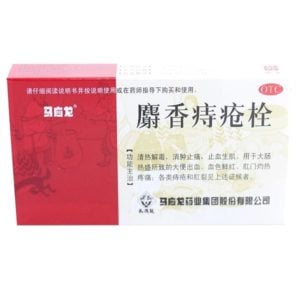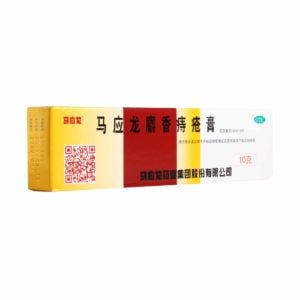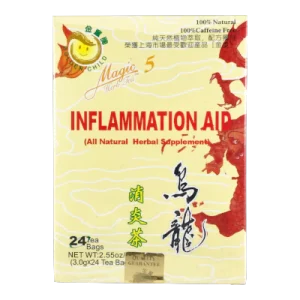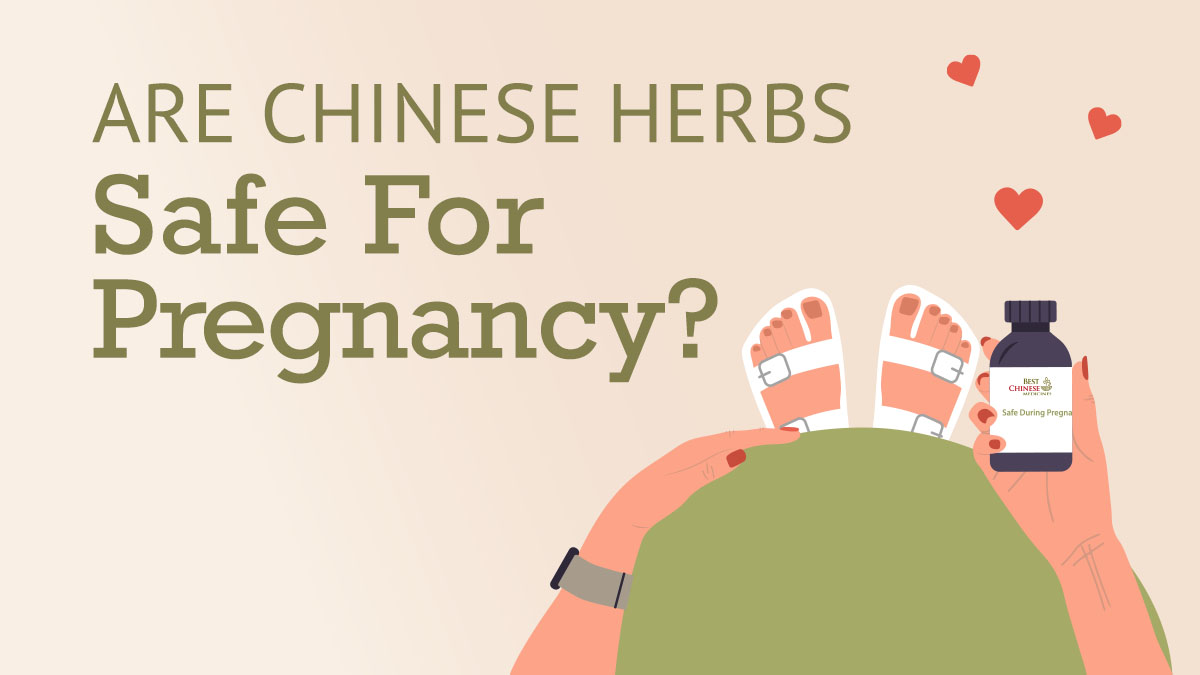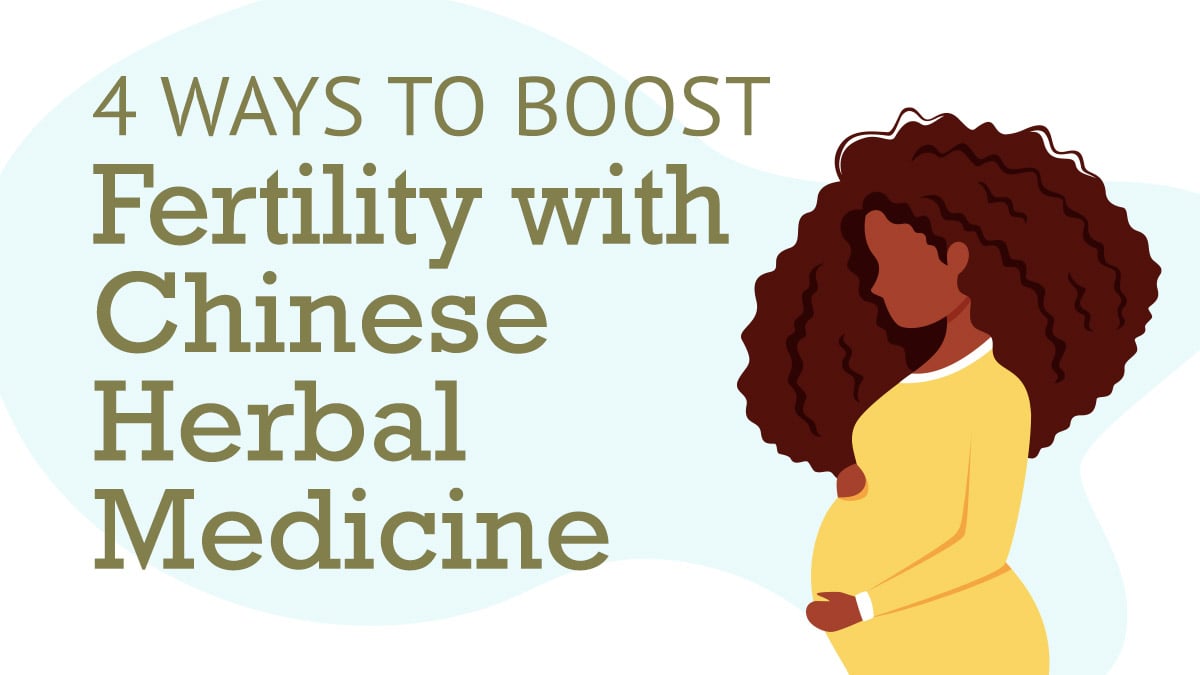Your cart is currently empty!
Bing Pian
English Name: borneol
Literal Translation: “ice slice”
Pharmaceutical Name: Borneolum Syntheticum
Medica Category: Orifice-Opening Herbs
Properties: Bing Pian enters the Heart, Spleen, and Lung channels; it is acrid and bitter in nature and cool in temperature.
What is Bing Pian?:
The Chinese Herb Bing Pian comes from the crystalized resin of the Borneo (camphor) tree (Dryobalanops aromatica Gaert. F.). Traditionally, the tree would be tapped and the resin would be collected. Once it crystallized, it would be ground down into a powder for use as medicine. In modern times, almost all the borneol used commercially is created synthetically from turpentine oil and camphor.
Traditional Chinese Medicine (TCM) Therapeutic Actions of Bing Pian:
Bing Pian opens the orifices and resuscitates/revives the shen and is commonly used to treat emergency cases of fainting and unconsciousness. Its effects are similar to but much milder than She Xiang (deer musk).
Bing Pian clears toxic heat affecting the mouth, throat, skin, and eyes to relieve pain and stop itching. As it does not irritate the mucous membranes, it can be used topically for presentations such as sore throat, swollen and painful gums, thrush/mycotic stomatitis, and redness/swollen/painful eyes (diluted in the form eye drops). Bing Pian also helps generate flesh and is useful in addressing various skin disorders that have suppurated/ulcerated.
–safety/clinical notes:
Contraindicated during pregnancy.
Do not expose Bing Pian to heat or fire. Do not cook it in decoction.
According to TCM theory (and knowledge gained from practical experience), a few things need to be said generally about the use of orifice-opening herbs in situations of loss-of-consciousness:
- Loss of consciousness is a serious medical condition requiring immediate medical attention. When using herbs in TCM to address this condition, proper differential diagnosis is essential in order to determine whether the loss of consciousness is due to deficiency (tuo zheng, or “abandoned syndrome”) or excess (bi zheng, or “closed syndrome”). It is also necessary to determine whether the condition is cold or hot. This basic differentiation is then integrated with accompanying complications in the individual pattern of imbalance of the person in distress.
- The herbs in this category consume qi and should be reserved for symptomatic treatment in acute situations (i.e. for very short-term use only). Furthermore, while they can restore consciousness and relieve symptoms when used appropriately, they do not address the underlying pattern of imbalances that caused the acute situation in the first place.
- These substances exert their effects on the central nervous system in nuanced ways:
- Bing Pian (borneol) and Zhang Nao (camphor) stimulate the CNS to increase heart rate, BP, and respiration;
- Shi Chang Pu (acorus rhizome) inhibits the CNS, which explains its use in addressing epilepsy and seizures;
- She Xiang (Moschus or deer musk) regulates the CNS depending on dosage level—low doses stimulate the CNS while high doses inhibit it.
All of this is to say that discussion of this substance’s use in restoring consciousness is intended to be educational. Their practical use is complex/nuanced; furthermore, the situations for the use of these herbs are often serious and/or life-threatening and should therefore be left to trained TCM healthcare practitioners. See Chen and Chen, pp. 815-7 for a more complete discussion on this topic.

